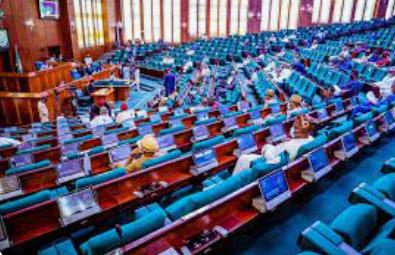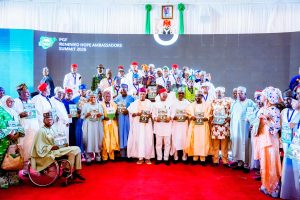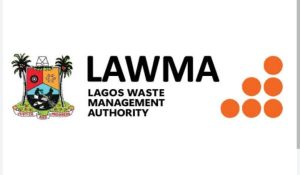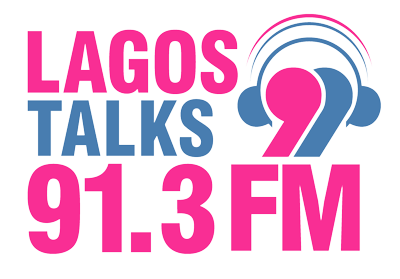As the Nigerian House of Representatives resumes from its annual recess on Tuesday, September 24, 2024, key legislative matters, including the 2025 Appropriation Bill, electoral reforms, and the constitution review exercise, are set to dominate the parliamentary agenda.
Lawmakers, who had embarked on a two-month break starting July 23, are expected to address the most pressing challenges facing the country, such as insecurity, economic instability, and the ongoing fuel crisis.
In a statement issued on Monday by the spokesperson of the House, Akin Rotimi, it was confirmed that Speaker Tajudeen Abbas would deliver a major address outlining the legislative priorities for the new session. This speech, described as “agenda-setting,” is expected to chart the path forward for tackling Nigeria’s critical issues.
Among the key priorities for the House is the anticipated submission of the 2025 Appropriation Bill by President Bola Tinubu. The statement emphasized the importance of receiving the bill promptly, allowing for a comprehensive review and public engagement before the end of the year.
“With the 2024 fiscal year coming to a close, the House eagerly anticipates receiving the 2025 Appropriation bill soon. Timely submission from the executive is crucial, as it facilitates thorough scrutiny and public input through town hall meetings, a practice pioneered by the House during the 2024 budget review,” Rotimi’s statement read.
The House is expected to maintain the January-December budget cycle, a system they hope to uphold with full cooperation from the executive branch. This budget review process has been credited with enhancing transparency and accountability, giving citizens a greater voice in fiscal planning.
Beyond budgetary matters, the lawmakers will also focus on the worsening security situation across the country, with particular attention to recent developments in Maiduguri, where severe flooding has displaced thousands of residents. According to Rotimi, addressing insecurity will be central to the debates, with lawmakers poised to propose legislative solutions to tackle both regional and national security concerns.
Additionally, economic challenges, particularly the rising cost of living and the ongoing fuel crisis, will be high on the agenda. With many Nigerians grappling with the effects of inflation and dwindling purchasing power, the House plans to debate economic reforms that could help stabilize the situation.
The House will also resume discussions on electoral reforms ahead of the 2027 general elections. There is growing pressure to ensure that Nigeria’s electoral system is strengthened to prevent irregularities and enhance voter participation. Lawmakers will also continue the ongoing constitution review exercise, which seeks to address long-standing governance issues and foster national unity.
Speaker Abbas, in his anticipated speech, is expected to rally the House around these key issues, calling for a unified approach to addressing the challenges Nigeria currently faces.














